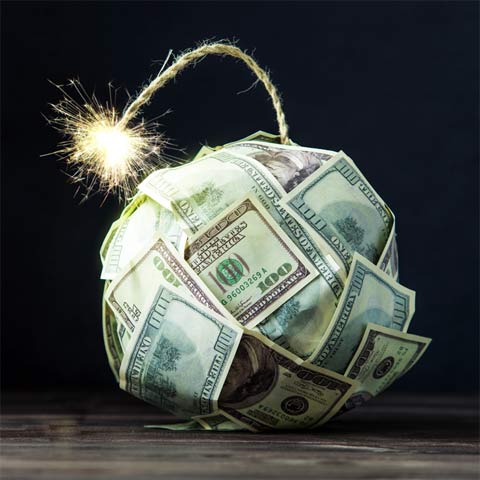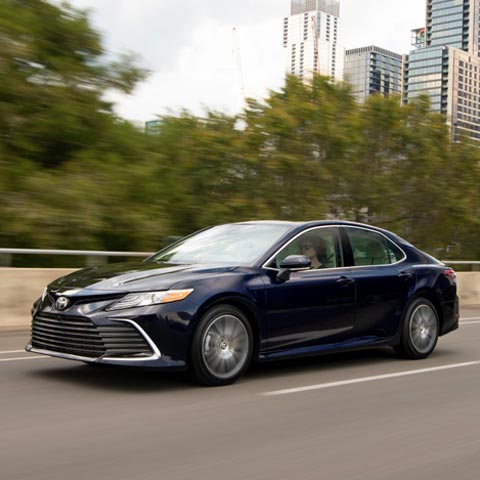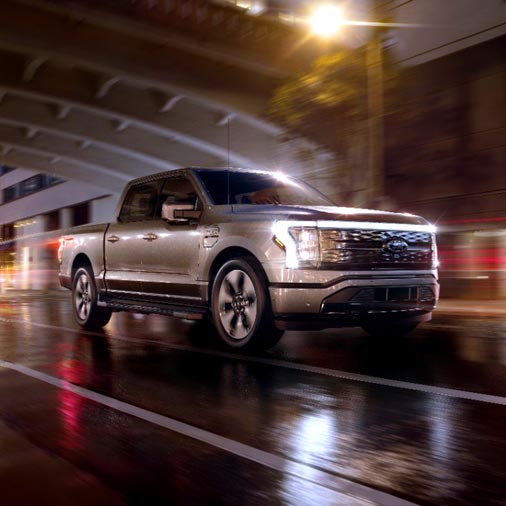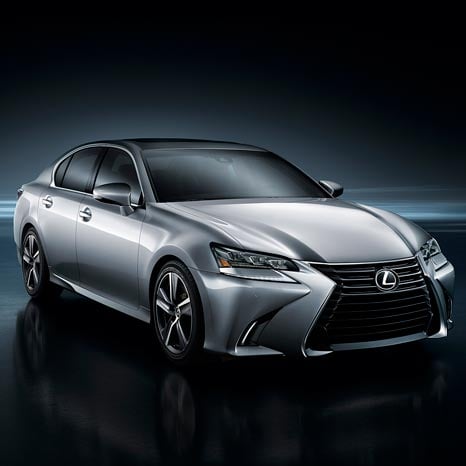What is an Upside Down Car Loan?
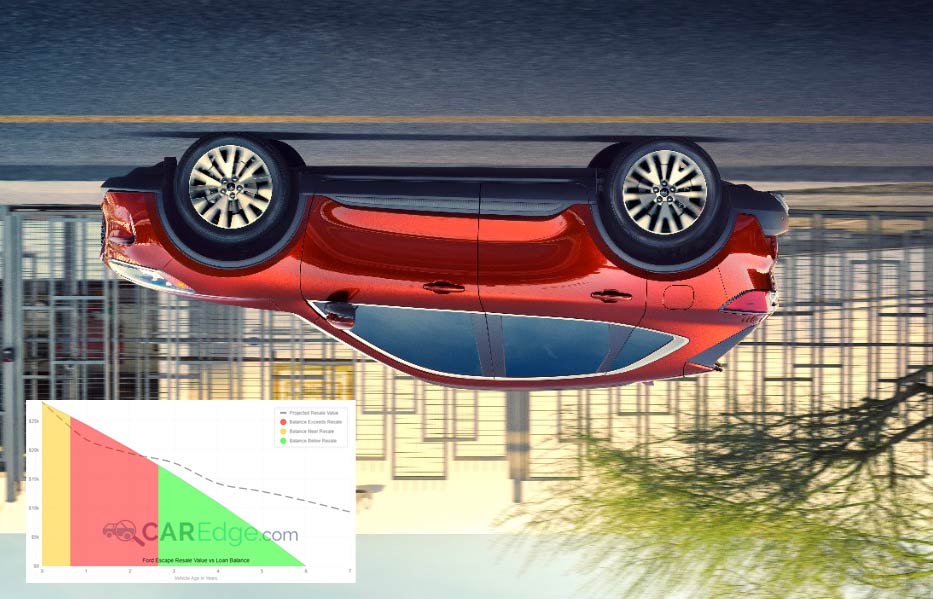
What it means to be Upside Down on an auto loan and how to avoid it.
Published on November 16th, 2020. Last Updated on .
The term "upside down" doesn't sound like much fun, unless you're in the middle of a bungie jump or involved in a complex drinking game. Generally speaking, you want to be "right side up", and that is definitely the case when it comes to an auto loan. Within the auto industry, being upside down in a car loan simply means that the balance on your loan is greater than the value of your car. You could also be upside down in your house, where your mortgage balance was greater than what your home is worth. In either case, it's a situation that you'll want to avoid. Below are some helpful tips on how to make certain that you don't find yourself in this position on your car loan.
Buying "New" may not be the Best Option
If you're thinking of buying a new car, you have to realize that it will lose value as soon as you drive it off the dealer's lot. Once you hit the street, that car or truck technically becomes used, and it's no longer priced like something that is bright, shiny and new. The speed at which vehicles lose value is greatest in the first year of ownership, where the average new car loses 23% of its value in just the first 12 months. So, if you want to avoid steep depreciation, a new car may not be the best choice for you.
Buy Vehicles with the "Best Value", not the "Best Price"
Buying new is nice, but financially, it can set you back. On the other hand, you can buy an old clunker, and you won't lose a lot of money. So, where is the sweet spot? Where is the happy medium where you can get a quality car, but not lose your shirt? Our recommendation is that you should buy a vehicle that is between 2 and 4 years old, is still under its factory warranty, has plenty of useful life left in it, and still looks and drives like new. An average car or truck will decline 38% in value in the first three years, so buying one in this range offers savings of 30-40% off its price compared to new. In other words, someone else's loss can be your savings.
Don't be Lured into Longer Loans
In the good old days, a 5-year loan was pretty much the longest loan term offered by auto lenders. Today, car buyers are lured into the prospect of lower monthly payment; not by getting a better price, but by just stretching out the time period to pay off the vehicle. Loans of 6, 7, and 8 years, are now common in vehicle financing, and it's a dangerous path that car buyers should try to avoid. Remember, you don't want the value of your vehicle to decrease faster than your loan balance, and opting for a longer loan term will almost certainly increase the chances of that happening.
Credit Scores and Interest Rates Drive Monthly Payments
As most are aware, lower credit scores translate into higher loan interest rates, and as a result, higher monthly car payments. Now, it would be easy just to say, "improve your credit score", but that's a much bigger topic, and it's easier said than done. However, as a car shopper, you'll want to check your credit report ahead of time, to make certain that the report is accurate, and doesn't have any errors as a result of someone just forgetting to mark your other loans as "paid". Credit card companies, retailers, and even schools, aren't always 100% efficient with updating your loan status, so it's better to sort out all of that before walking into a dealership, and trying to correct things in the middle of a car purchase. Importantly, the lower your interest rate, the quicker your loan balance will fall, and the less likely that you'll be upside down.
Big Down Payments Can Avoid Big Loan Problems
If you have the financial flexibility, one of the best ways to ensure that you're not upside down in a car loan, is to make a big down payment at the time of purchase. Basically, the more money that you put down, the lower your monthly payments, and the greater the chance that you won't have a loan balance greater that your car's value. Alternatively, those who put down little, or nothing, for a down payment, significant increase their chances that they will be upside down in their loan for an extended period, especially if buying a new car.
A Real World Example
So, all of this is good in theory, but does it really make a difference when you're ready to sell or trade in your car before your loan is paid off? Well, let us provide you Exhibit A, which is created by using our latest loan calculator.
The graph below represents the purchase of a new Ford Escape, financed for 6 years, and with no down payment. The dotted line shows you the expected future value of the Escape, and the colored areas represent the balance of the car loan. As you can see, the owner of this Ford Escape would be upside down in their loan for almost 3 years before the loan balance was less than the Escape's value. With that, if you wanted to sell or trade in your car in the first three years, you would have to pony up additional funds, just to get out of your loan
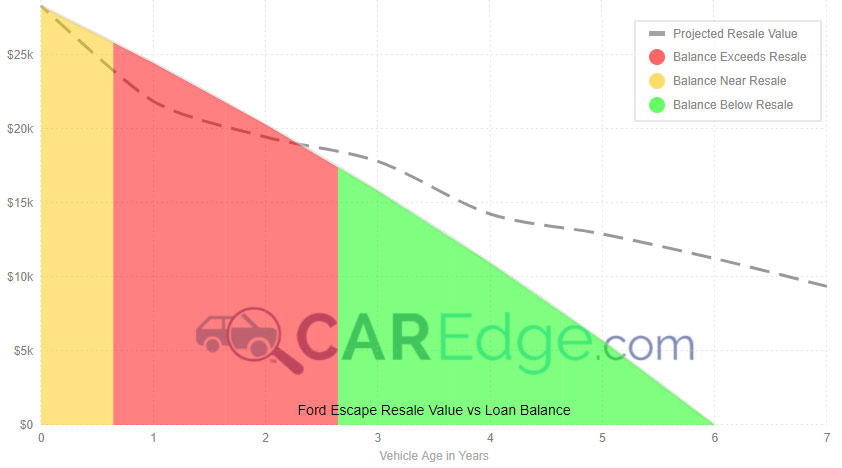
In the second example on the same Ford Escape purchase, we just changed two things; the term of the loan and the down payment. In this case, we changed the loan term from 6 years to 4 years, and we applied a 10% down payment of $2,800. As you can see, these two changes alone were enough to ensure that the owner isn't upside down during any portion of their loan term, and that they have excess value in their vehicle, over and above any outstanding loan balance. Also, if we were to reduce the interest rate as a result of a down payment, or a higher credit score, the change below would be even more dramatic.
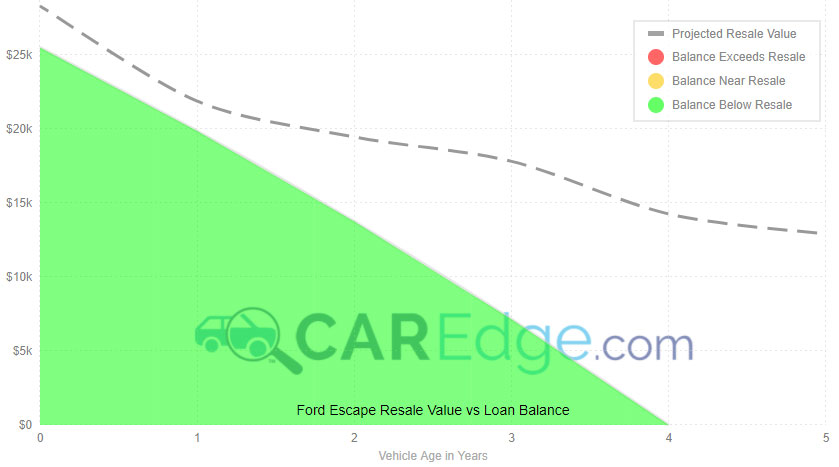
Final Thoughts
The bottom line on how to avoid being upside down in your car loan basically comes down to securing a loan where the loan's outstanding balance falls faster than the depreciation rate of your vehicle. Do your homework, and find a vehicle that holds its value better using our depreciation rankings, and avoid loans with unattractive terms by using our high-tech loan calculator. Doing so, will give you a better chance of not being indebted to the bank forever - and you just might be able to have some extra cash for your next car purchase.
